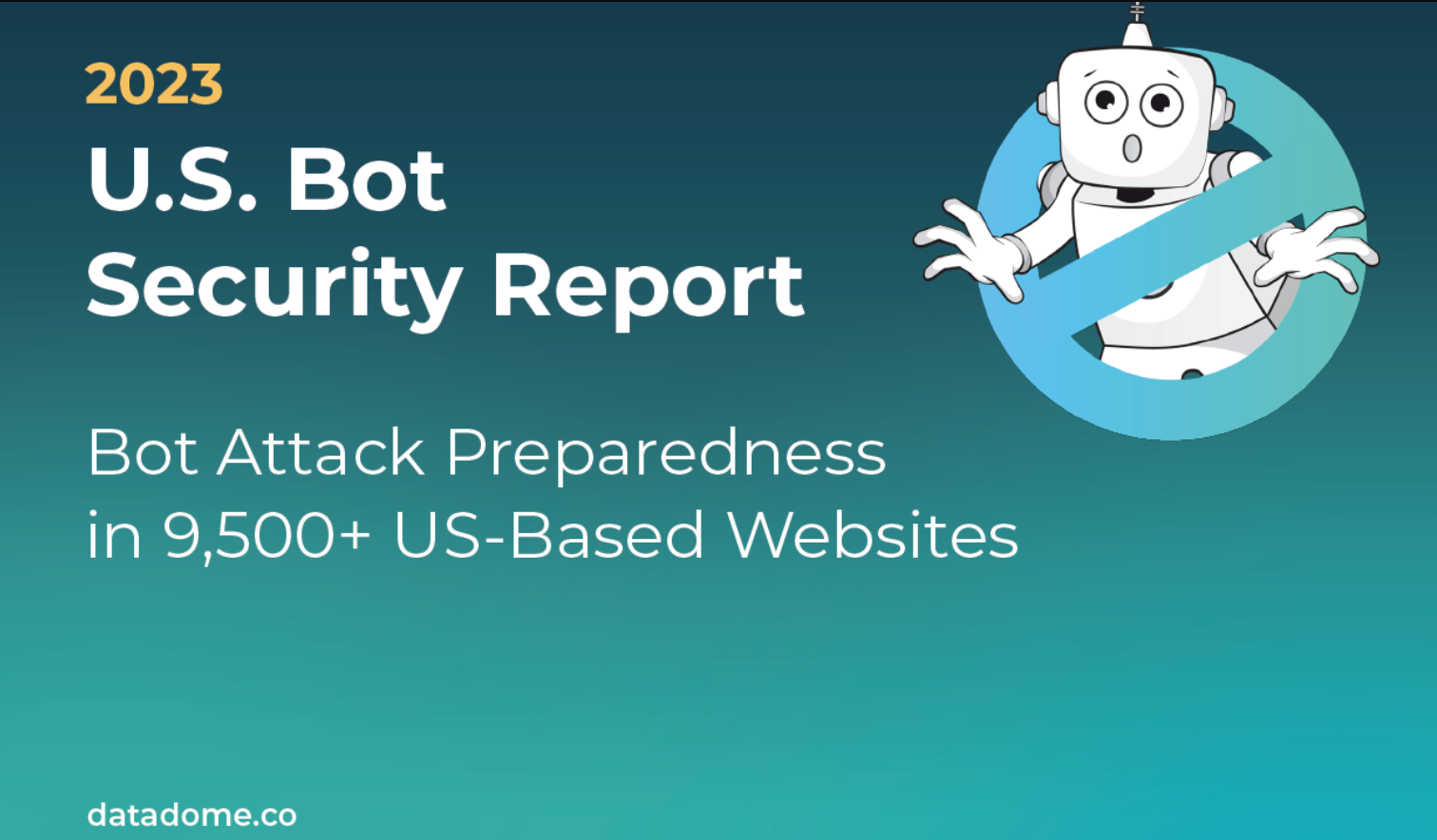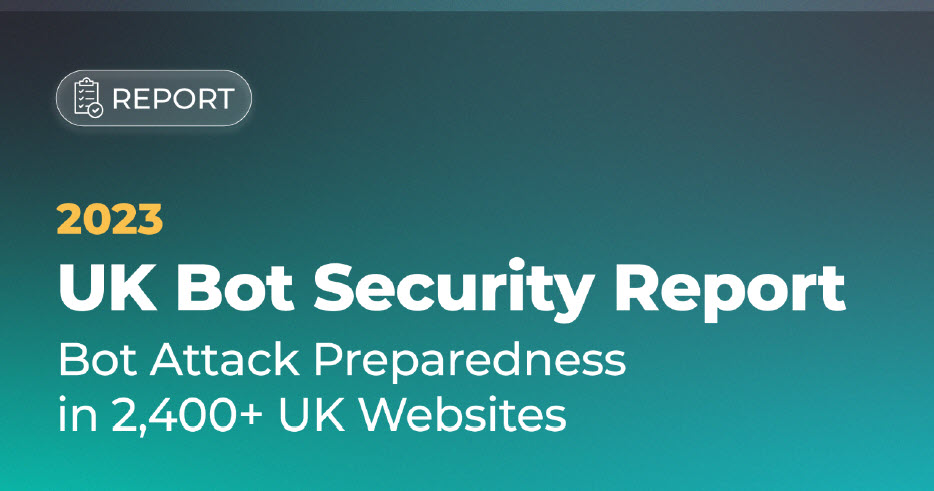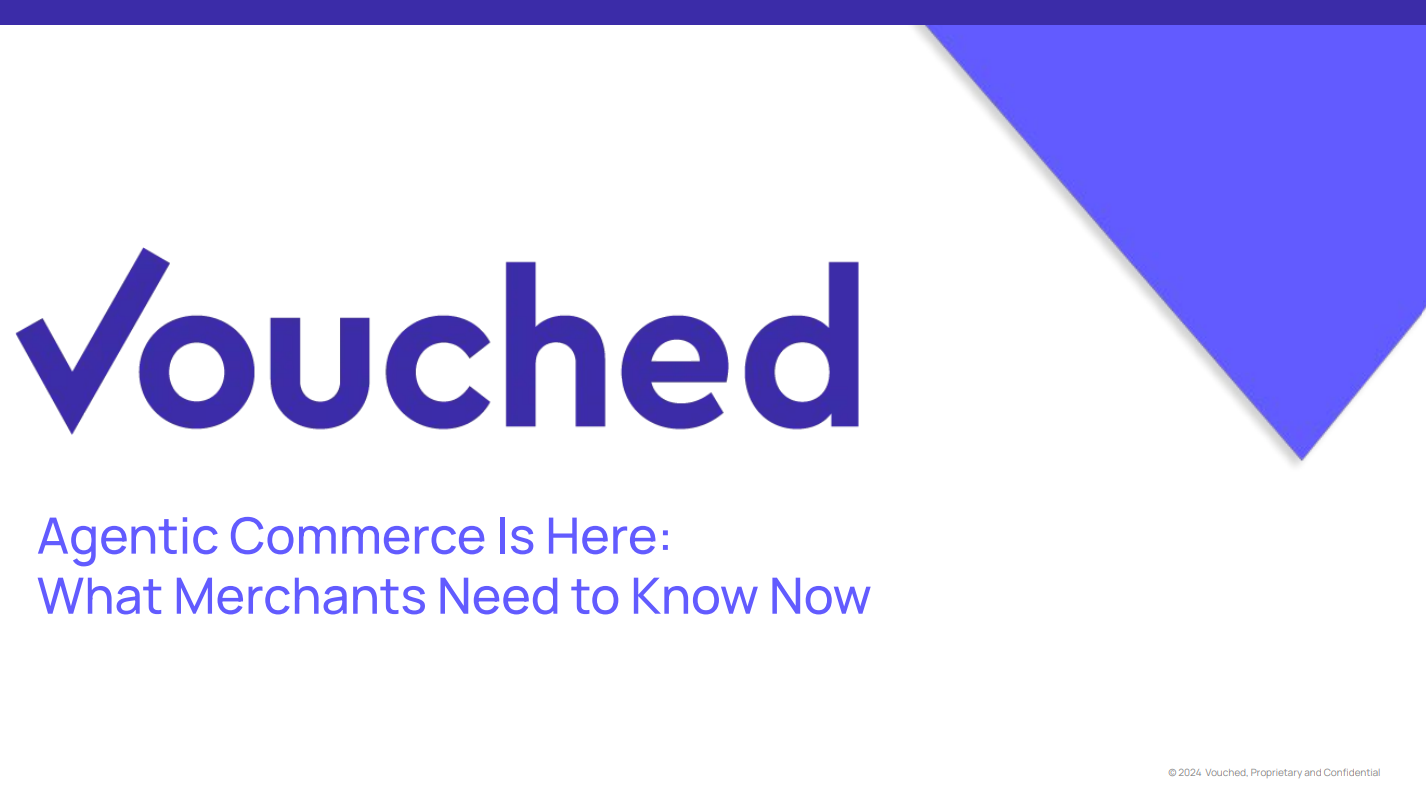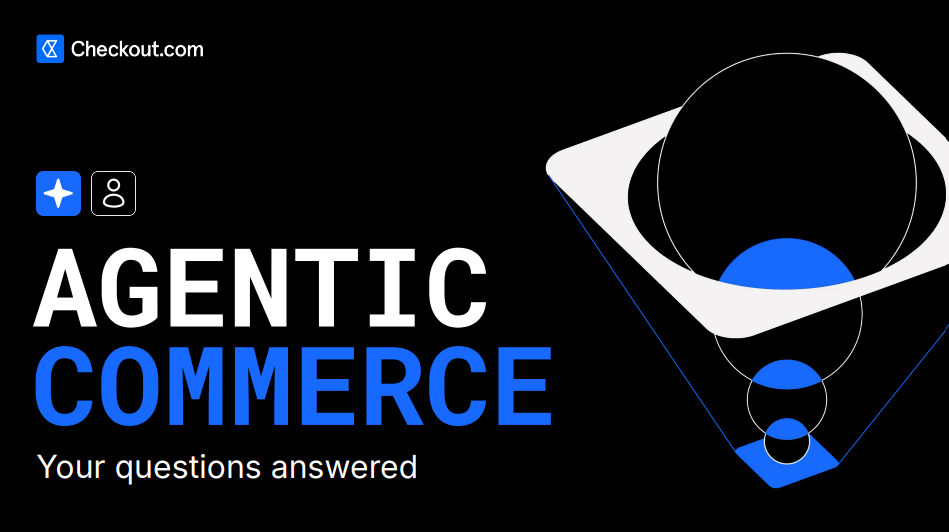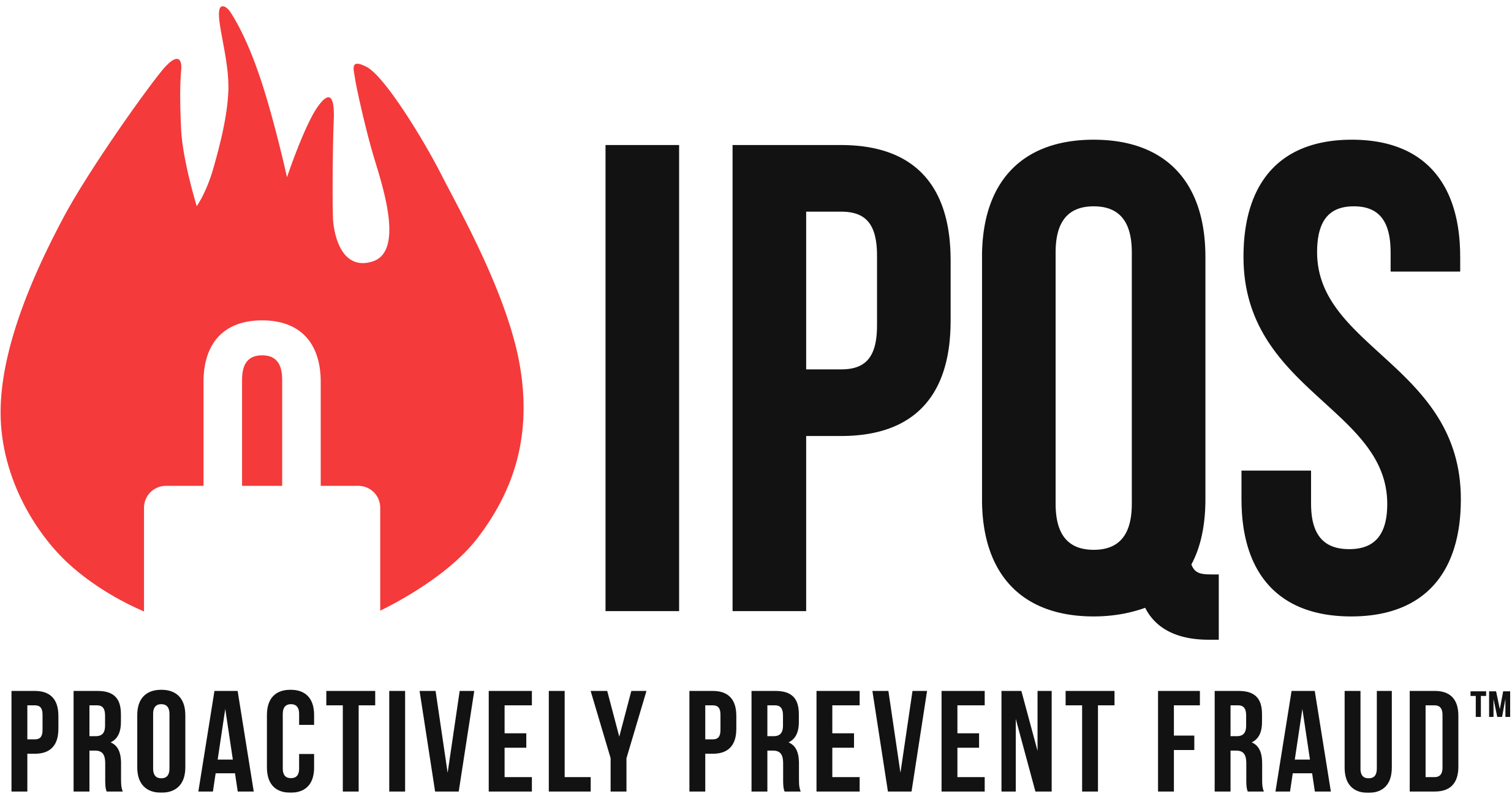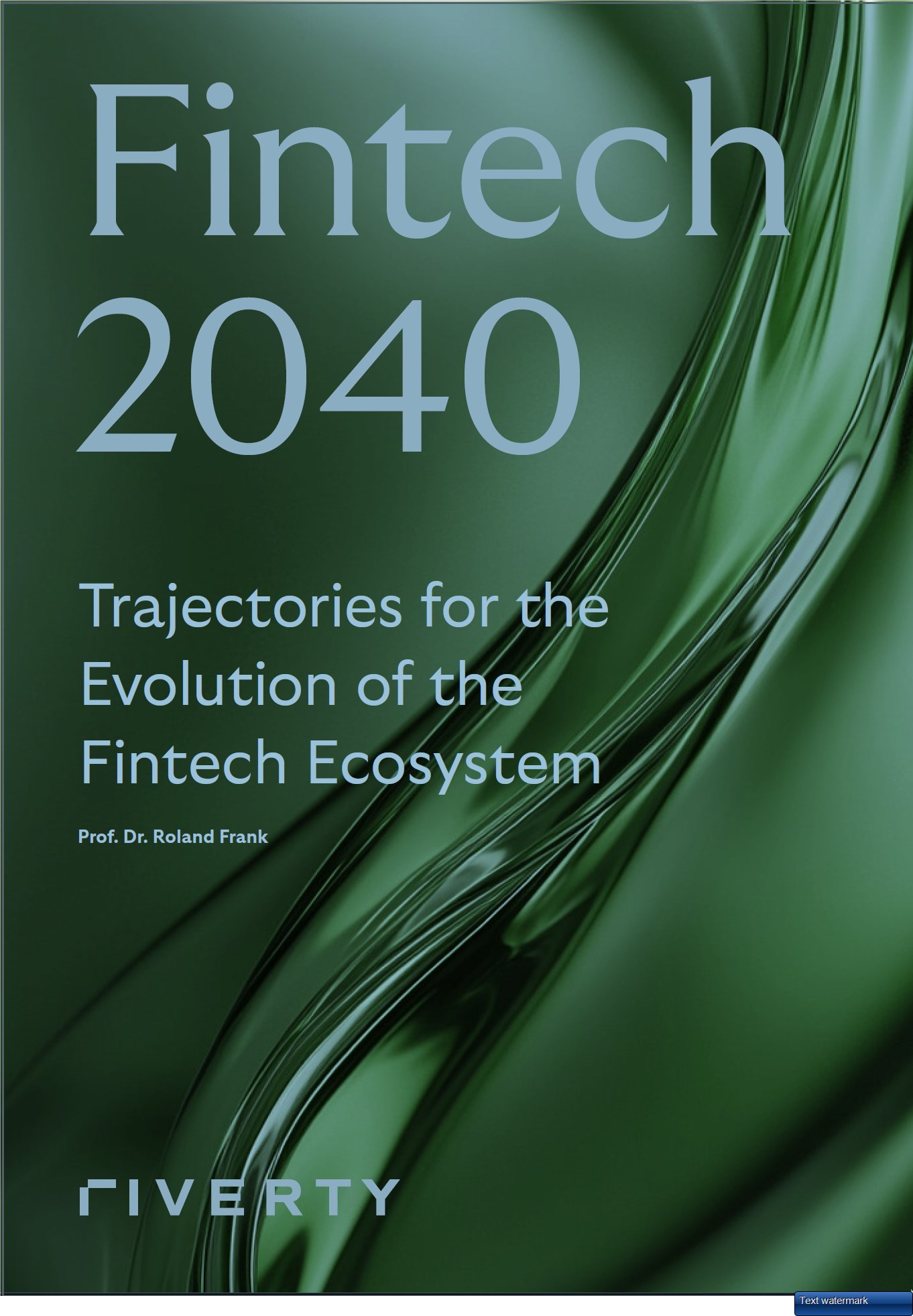'Neobank Growth Shows No Signs of Slowing' Says Seon in Latest Report
Online fraud and FinCrime prevention technology expert, SEON has released its latest report, titled ‘Neobanking Index: The State of Neobanks in 2023’.
The report provides an up-to-date overview of the neobanking sector, leveraging recent research to assess growth and future growth trends, while also identifying the most common types of fraud affecting the space.
Key findings from the report include:
- In terms of received capital, the three most successful neobanks are Robinhood, NuBank and SoFi. The latter of which was recently named on CNBC’s list of the top 200 global fintech companies, alongside SEON.
- Around 43% of Brazil’s population is currently signed up to a neobank, which is the highest adoption rate in the world. In the next few years, rates of neobanking adoption are expected to grow fastest in the Philippines.
- Fraud rings, identity theft, money laundering and account takeover fraud remain a huge problem in the sector and could affect the long-term viability of sustained growth in the neobanking industry.
The neobanking industry has grown immensely over the past decade, with the rise of businesses like Revolut, Robinhood and NuBank attaining considerable user adoption rates and attracting significant levels of venture capital investment. As detailed in SEON’s new report, this success is expected to continue, with some estimates predicting the neobanking market will reach a total transaction value of $2.6 trillion by 2027.
SEON’s latest report delves deeper into what this growth looks like, breaking down the geographical nuances of neobanking adoption around the globe. According to some estimates, almost half a billion people are using neobanking solutions in Brazil and India alone. Within Europe, Ireland leads in terms of overall adoption levels, with some 22% of the population using a neobanking service.
While these countries clearly lead the digital finance revolution of today, others are following quickly behind. SEON’s new report provides a country-specific percentage rate of neobank adoption based on the gap between observed neobank users of 2023 and predicted neobank users by 2027 to identify the nations predicted to have the greatest rise in neobank adoption rates. Here, the Philippines, Mexico and Portugal are leading the charge.
However, to ensure this positive performance can be maintained in the long-term, neobanking companies must do all they can to mitigate against the growing threats of online fraud and financial crime. As SEON’s latest report indicates, while neobanks provide distinct advantages in terms of lower fees, faster onboarding, and more accessible services they also suffer from shortcomings that can make them as susceptible to fraud as traditional financial institutions.
Speaking on the report, Tamas Kadar, CEO, and co-founder of SEON commented: “Our latest ‘Neobanking Index’ shines a light on a thriving sector and highlights why we believe neobanks are here to stay. While there’s a lot to be excited about, those in the field must remain vigilant to the effects of online fraud and financial crime, which have the potential to cause monetary and reputational losses.”
To this end, SEON’s latest report identifies the specific types of fraud that most threaten neobanks, including account opening fraud, identity theft, fraud rings and account takeover attacks. Similarly, the FinCrime prevention experts detail the heightened risk to certain types of financial crime, such as money laundering experienced by neobanks, which can end up resulting in significant penalties, such as fines and even deregistration.
To assist those in the neobanking sector to avoid such difficulties, SEON concludes its latest ‘Neobanking Index’ by providing insightful and practical guidance on how companies can best protect themselves and their customers from these risks. Broken down into four key levels, the FinCrime prevention experts provide comprehensible but expert advice that is sure to put neobanks in good stead against the risks they face today and in the future.
To read the full report, please visit: https://seon.io/resources/neobanking-index/
For more information about SEON, please visit: https://seon.io/industries/neobank/





